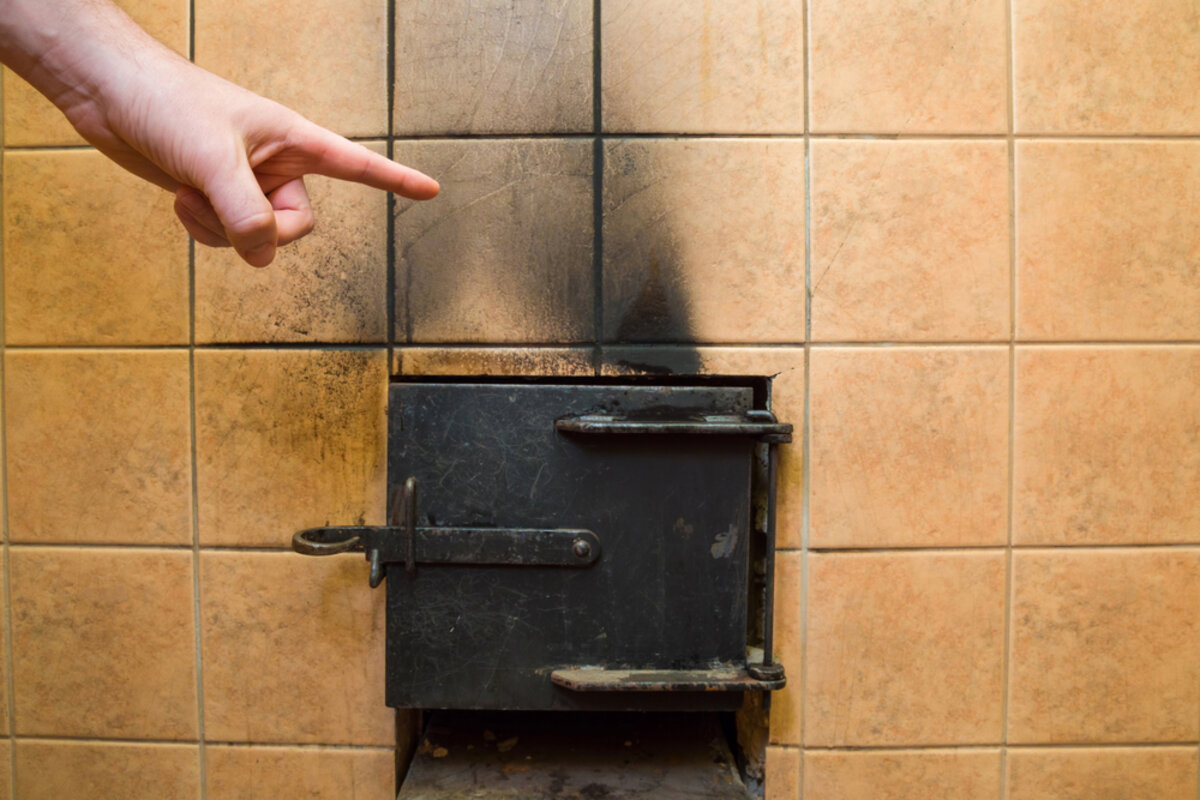Water damage can be one of the most stressful events to deal with, but not all water issues are the same. There’s one type that poses significantly more risk than others: black water.
It’s a term that refers to wastewater or sewage containing harmful bacteria, viruses, and chemicals. Ignoring this issue can lead to severe health hazards, structural damage, and environmental contamination.
The Different Types of Water Contamination.
Not all water damage is equal. Professionals categorize water into three types:
- Clean water: Water from a clean source, like a broken pipe or rain.
- Gray water: Water that has been used but is not heavily contaminated, such as from sinks or washing machines.
- Black water: The most hazardous type, containing sewage or harmful chemicals.
Black water stands out due to the immediate and long-term dangers it poses. This type of water contamination is a serious issue that needs professional attention.
Sources of Black Water in Your Home
Black water can originate from several sources, including
- Sewage backups: When sewer systems overflow or pipes break, untreated sewage can enter your home
- Toilet overflows: Waste from toilets, especially if it contains solid material, is a common source.
- Natural disasters: Floodwaters, particularly those from rivers or oceans, often contain contaminants, making them black water.
Knowing where this hazardous water comes from helps you act quickly to prevent further damage and contamination.
Why Is Black Water Dangerous?
Black water is more than just unpleasant—it’s a serious health hazard. Here are some of the primary dangers:
Health Risks
Black water contains bacteria, viruses, and parasites that can cause diseases such as E. coli infections, hepatitis, and cholera. Exposure can happen through direct contact or by inhaling mold and bacteria that develop in contaminated areas.
Structural Damage
This type of water can seep into walls, flooring, and insulation, leading to extensive structural damage. If left untreated, it can weaken your home’s foundation and require costly repairs.
Environmental Impact
Improper disposal of black water can harm the environment. It can contaminate groundwater, rivers, and soil, affecting local ecosystems and wildlife.
How to Handle Black Water Safely
Dealing with black water requires caution and expertise. Here are four steps you should follow:
- Evacuate the area: Ensure everyone, including pets, stays away from the contaminated area.
- Call professionals: Never attempt to clean black water on your own. Restoration companies have the tools and knowledge to handle it safely.
- Document the damage: Take photos and contact your insurance company to report the problem.
- Dispose properly: Ensure that black water is disposed of in compliance with local regulations to avoid fines and further contamination.
Preventing Black Water Incidents
While some incidents are unavoidable, preventive measures can help minimize risks:
- Maintain your plumbing: Regularly inspect and clean sewer lines to avoid backups.
- Install backflow valves: These devices prevent sewage from backing up into your home.
- Be prepared for flooding: Elevate utilities and seal your home to protect it from contaminated floodwaters.
Conclusion

Understanding what black water is and the dangers it poses is essential for protecting your health, home, and environment. Acting quickly when you encounter it and taking steps to prevent it can save you from costly repairs and health risks. Always trust professionals to handle this hazardous issue to ensure safety for everyone involved. Contact Service Restoration today for expert assistance in managing black water and restoring your property safely.


















